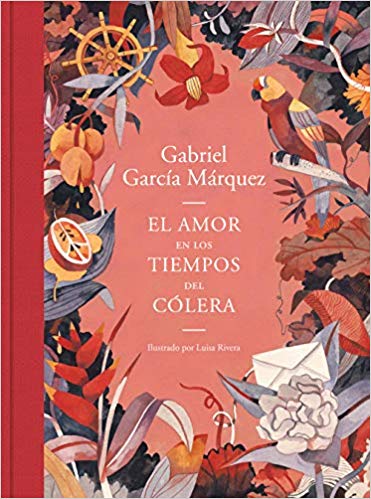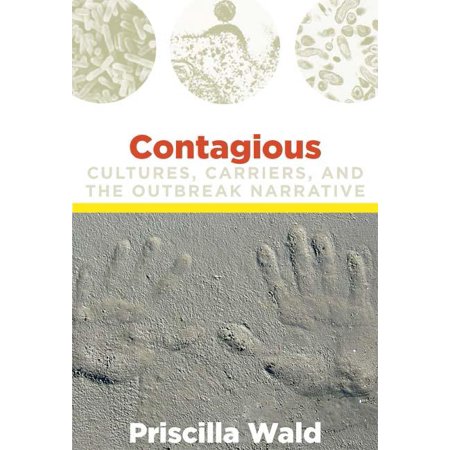Pandemic Readings: Three To Consider
While at a fancy dinner many of us like to discuss other great meals we’ve had. While traveling we often discuss with our fellow travelers other exciting places we’ve been. So if you’re one who likes to enjoy a particular experience within a similar one, then you may want to read stories about other people living through what the world is currently living through. So, how about some pandemic readings?
In fact publishers report a sales boom of fictional stories about epidemics. We all have plenty of time to read now! Might as well read up about what we’re already experiencing … and how things might go.
Pandemic Readings #1: The Plague
The top of everyone’s list is The Plague (1947) by Albert Camus. I remember reading it as an undergraduate French major. I remember two things clearly: the beginning and the setting. The story opens when thousands of rats swarm into the streets and die. Pretty memorable, that. And the story takes place in an ordinary city in French Algeria. It goes under quarantine. I’m pretty sure things don’t go well.


No way was I going to choose an image of Camus without a cigarette
A quick Google search refreshed my memory. Oh, right. The story is an allegory of the Nazi occupation of France. And the details are probably based on a 19th-century cholera epidemic in France.
I have a much better memory of L’Etranger (1942) whose opening lines I remember to this day: “Aujourd’hui, maman est morte. Ou peut-être hier, je ne sais pas.” (Today Mom died. Or perhaps yesterday, I don’t know.) After this opener I can guarantee you that, for the title character Stranger, things don’t improve. (And as for my feat of memory, let’s face it: the opening lines are super simple.)
Camus won the Nobel Prize in Literature in 1957.
I credit, in part, my undergraduate major with my choice to become a romance writer. After such a heavy dose of French existentialism, which included Jean-Paul Sartre and Simone de Beauvoir along with Camus, I decided that if I had to read another one of those novels I would fling myself off a cliff. I needed relief. I needed romance!
Speaking of both cholera and love, I come to:
Pandemic Readings #2: Love in the Time of Cholera
Just what the doctor ordered: a love story crafted by none other than Gabriel García Márquez, published in 1985. Of course, it’s not the usual romance. I was prompted to pick it up when I read that Márquez said his purpose was to write a love story that with every page became more and more improbable. And he did it!

I love the impish character of his expression. It so fits the kind of writer who sets out to see how much he can defeat the happy resolution of first love

I loved the tapestry of the time that he wove over a fifty-year period. One of the two main characters is a doctor devoted both to the lady love he cannot have and to the eradication of cholera.
Marquez won the Nobel Prize in Literature in 1982.
Pandemic Readings #3: Contagious: Cultures, Carriers and the Outbreak Narrative
On an academic note I recommend Contagious: Cultures, Carriers and the Outbreak Narrative (2007) by Priscilla Wald. Priscilla is a colleague of mine in the English Department at Duke University. Her field is American Studies, and she was President of the American Studies Association 2011-2012.
Contagious investigates the way mass media circulates formulaic narratives about how communicable diseases originate and spread. And then how popular fiction and film amplify those narratives. A key point is that these narratives have real-world consequences. They can upset economies (!), mitigate or heighten racism, and even affect survival rates and contagion routes.


I enjoyed many a walk with Priscilla when she was writing her book where we’d talk through some of her ideas
As the publisher writes, “Contagious is a cautionary tale about how the stories we tell circumscribe our thinking about global health and human interactions as the world imagines—or refuses to imagine—the next Great Plague.”
Needless to say Priscilla is in high demand for interviews these days. At the moment she has speaking engagements – remote, of course – lined up all over the world. And requests for translations of her book are coming in fast.
Pandemic Readings: Final Thoughts
Perhaps you don’t wish to read about what the world is experiencing right now. Perhaps you wish for an escape from it. Not to worry. See next Tuesday’s blog: The Decameron Special
Title image of the coronavirus from Nature.com. I figure we can all recognize it by now.
Categorised in: Blog, What I'm Reading
This post was written by Julie Tetel Andresen
You may also like these stories:
- google+
- comment



